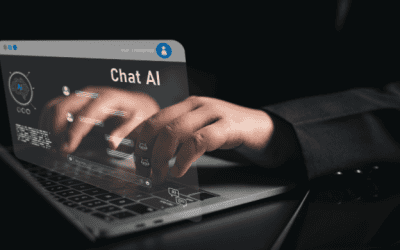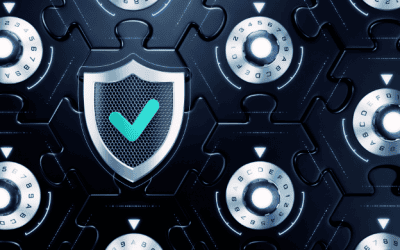Telehealth has recently grown in popularity due to the mass restrictions of covid-19. Even before the pandemic, it was taking off as a new method to easily receive healthcare from anywhere most convenient for the patient with internet access. Both private insurers and the government see its value and have adapted the technology so that it can be widely used by patients across the U.S. While telehealth has solved many obstacles in the healthcare industry, it presents new challenges in terms of cybersecurity.
The digital infrastructure of telehealth allows for far more personal patient data to be stored making it very tempting for cybercriminals to attack these systems. Medical billing fraud, illegal video access, unauthorized device entry, and hacking into patient data storage are all potential risks that telehealth faces. Security needs to be a top priority for telehealth providers due to HIPPA requirements and sensitive patient data. If security precautions aren’t taken soon, cybercriminals will take advantage of the system and millions of patients and their data will be at risk.
Learn more from Booz Allen here.
The Case for Consolidation: How AI SecOps is Reshaping Public Sector Cybersecurity
The cybersecurity challenges facing federal, state, and local governments have never been more complex—or more urgent. Public sector organizations are under pressure to reduce costs, manage staffing...



